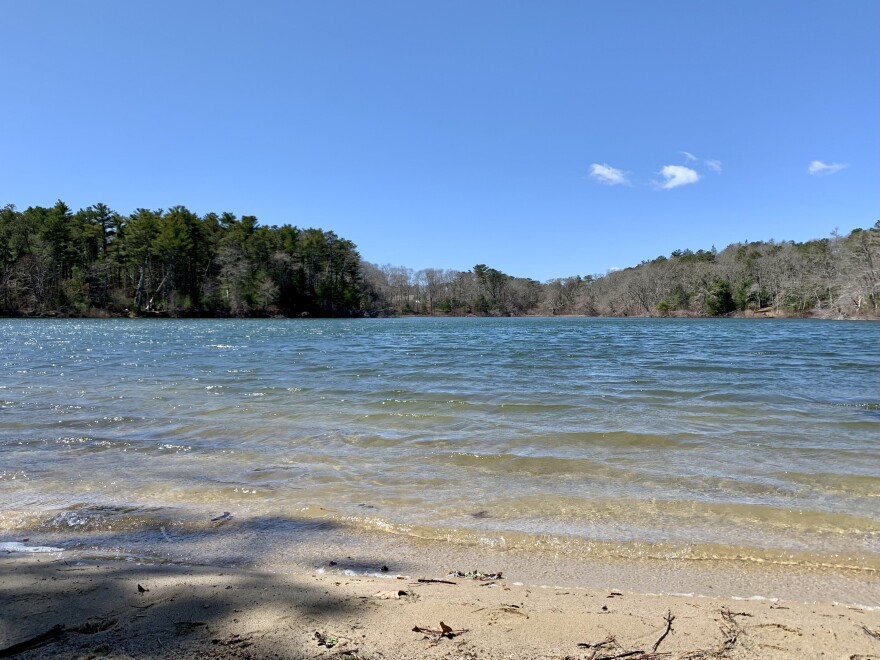A third municipal well in Yarmouth was shut down in January after testing slightly higher than a Massachusetts drinking water standard for the emerging contaminant known as PFAS.
Two other wells were also shut down in November also for high levels of PFAS.
All three wells were near or in West Yarmouth.
Water and Wastewater department superintendent Laurie Ruszala told the select board Tuesday that the water is safe, and the department will continue to monitor all 20 other wells in town to make sure they also do not have high levels of PFAS.
"The water is safe to drink. I've gotten a lot of phone calls over the last couple of days. And that's the main question — is the water safe to drink," Ruszala said. "It's fine the way it is, you don't need to boil it. You can drink the water."
The town has been monitoring for PFAS since April of 2021 after the state passed new drinking water standards.
Well number 10 in West Yarmouth was shut down after PFAS was recorded in October, November and December averaging 22 nanograms of PFAS per liter of water. The state standard is 20 nanograms per liter.
Ruszala said that the well was in operation during that testing period, which raised concerns among the board.
But she said that no homeowners likely received water solely from that well. Water collected from the 20 active wells around Yarmouth are mixed before the water is delivered to homes. But Ruszala said that customers will get more water delivered from the wells closest to their homes.
It's unclear at this point where the PFAS exposure may be coming from. There's no fire training academy or airport nearby. Those have been the source of contamination in many communities including Falmouth, Mashpee, Barnstable, and Nantucket.
Ruszala says the PFAS is likely from home septic tanks in West Yarmouth. There is a lot of development in the area.
PFAS is in many household products like rain jackets, non-stick pans, even some dental floss. The Centers for Disease Control and Prevention says that exposure to the contaminant may cause issues to the liver and immune system, and may interfere with fetal development.
As for next steps in Yarmouth, the select board this week pushed the water department to address the PFAS contamination and come up with solutions.
"Granted we have good water system ... and we have the ability to shut [wells] off," board member Tracy Post said. "But this is really emerging and I think we need to get ahead of it."
Ruszala said the water department is considering several options. One is to install special filters at all three wells, which could be expensive. The town could also leave the three wells off. Or they could buy water from neighboring towns during the peak demand in the summer.
The state is also requiring the department to submit a mitigation strategy soon.








